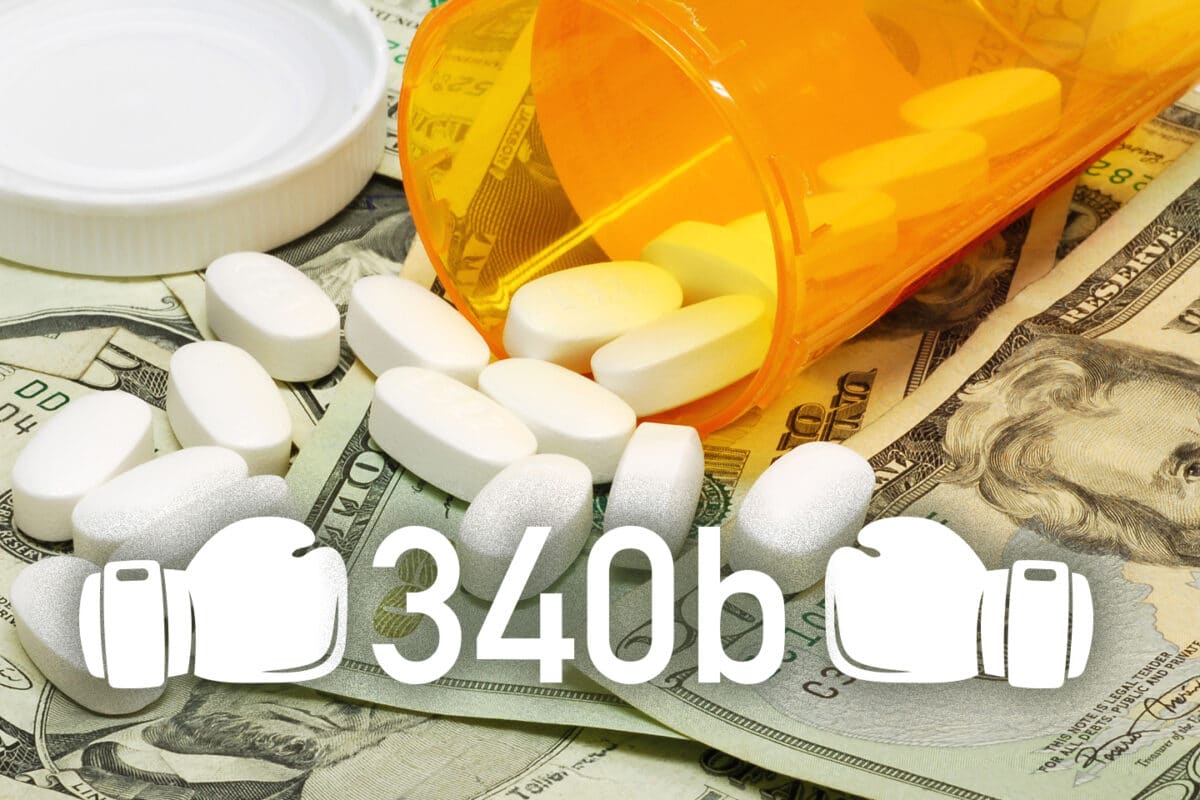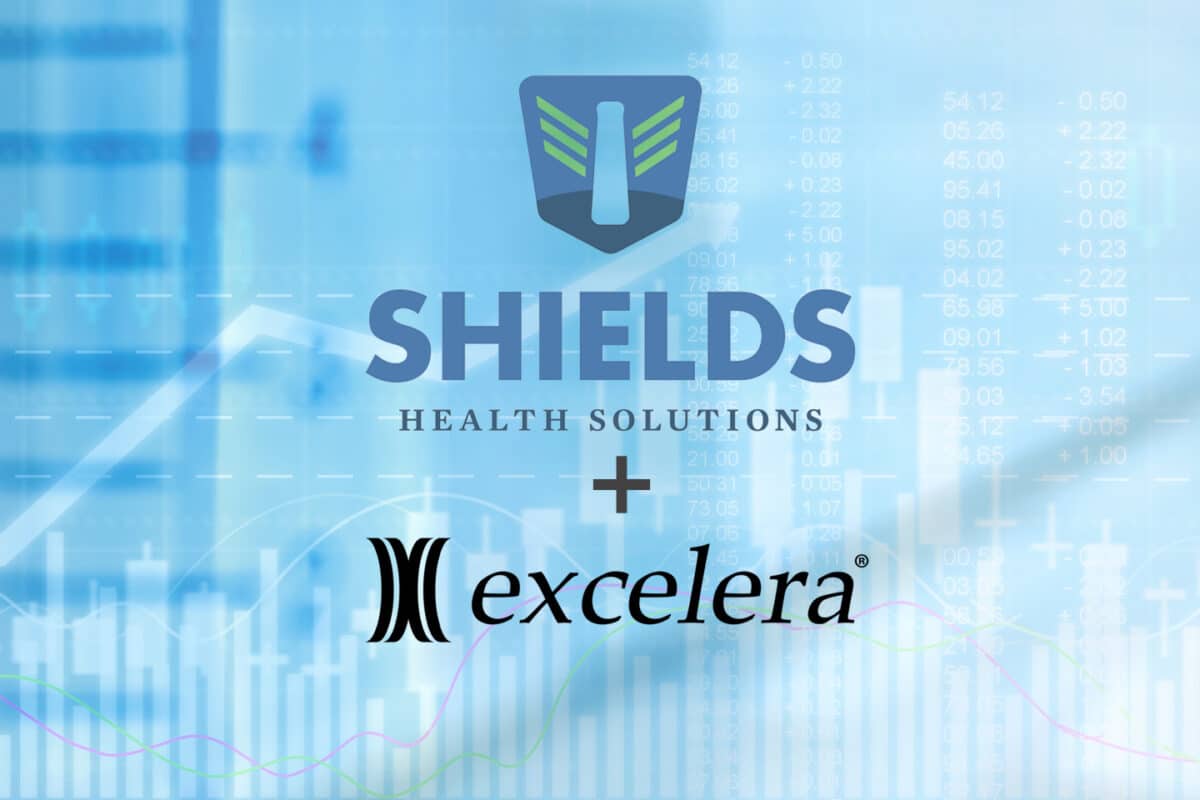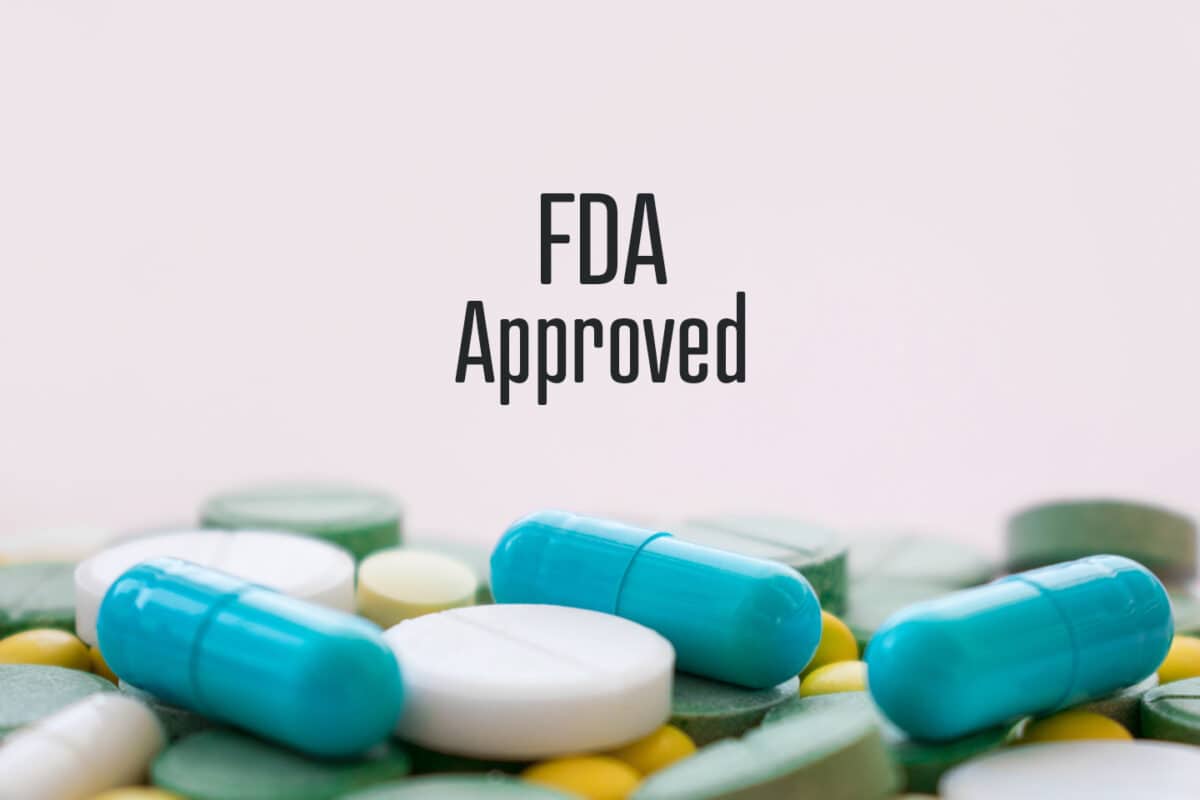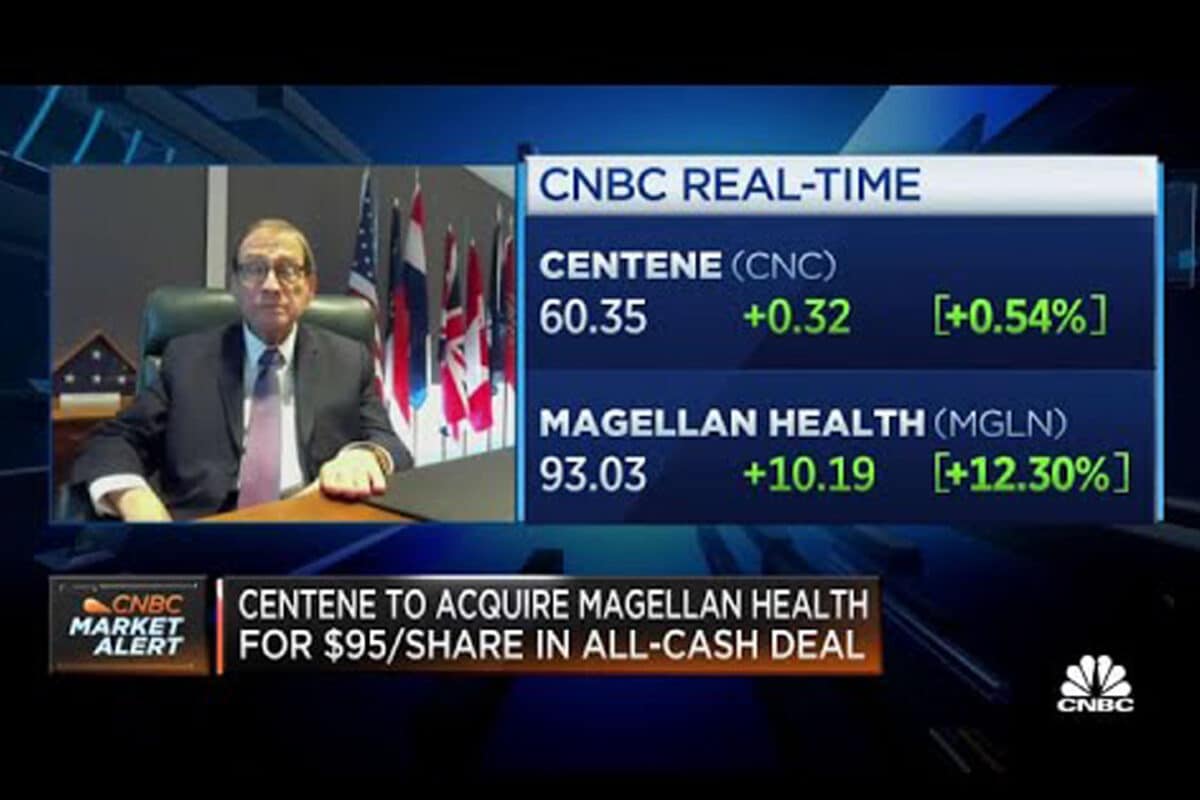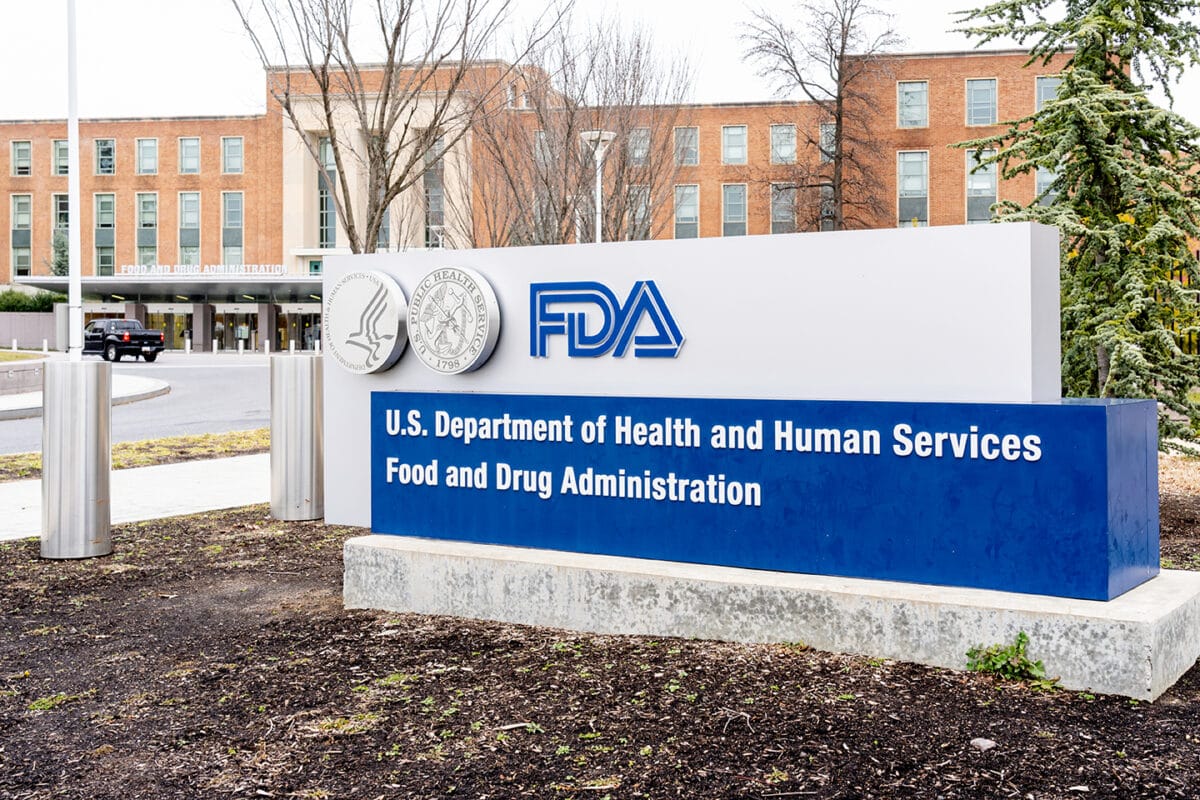Specialty pharmacies won’t be dispensing Breyanzi, approved by the FDA last week for the treatment of late-stage lymphoma with certain types of large B-cell lymphoma whose cancer has progressed after at least two prior treatments. This newly approved infused CAR-T therapy will be available only at select, vetted hospitals nationally.
The treatment is personalized, made up of a patient’s own immune cells extracted and shipped to special manufacturing facilities. There, the cells are genetically modified to target a particular protein that acts as a flag for the cancer. The modified cells are manipulated to create a 1 time treatment dose that is shipped back to the facility for infusion. One may even ask if it qualifies as a ‘medicine’.
Breyanzi will hit the market three years after the approvals in lymphoma of CAR-T cell therapies Yescarta (Gilead) and Kymriah (Novartis). Neither treatment is a big seller, with use mostly confined to blood cancer patients who have run out of traditional therapy options.
The FDA approved Breyanzi with a black box warning for the risk of neurotoxicity and a type of immune overreaction known as cytokine release syndrome associated with cell therapy. The FDA requires patients to be monitored in person or remotely for the first week after infusion and they must remain close to the facility for at least three more weeks. Bristol Myers will also provide wearable temperature monitors.
So why should specialty pharmacies want to know about a therapy that they can’t dispense?
More than 500 gene-based therapies are in development. So, specialty pharmacies should be concerned. We may start seeing even the most recent generation of ‘wonder drugs’ dispensed by SPs replaced by 1 dose gene therapies.
Also, SPs that work the Oncology segment should know about ALL specialty therapies in the toolbox. With more approvals of such space age therapies such expertise is important to build credibility with patients and Oncologists.
Bristol Myers will charge a list price of $410,300 for Breyanzi. Both Gilead and Novartis offer their competing therapies at ~$373,000. Bristol Myers did not mention offering any results-based financial guarantees.
Is this term in your pharmaceutical vocabulary?…… CAR-T.
CAR-T stands for chimeric antigen receptor T cell (CAR-T) therapy in which T-cells are extracted from a patient’s white blood cells and genetically modified in special facilities to target a specific protein that binds to cancer cells. The modified cells are then infused in the patient.
FDA Approves New Treatment For Adults With Relapsed Or Refractory Large-B-Cell Lymphoma
February 05, 2021 — The U.S. Food and Drug Administration has approved Breyanzi (lisocabtagene maraleucel), a cell-based gene therapy to treat adult patients with certain types of large B-cell lymphoma who have not responded to, or who have relapsed after, at least two other types of systemic treatment. Breyanzi, a chimeric antigen receptor (CAR) T cell therapy, is the third gene therapy approved by the FDA for certain types of non-Hodgkin lymphoma, including diffuse large B-cell lymphoma (DLBCL). Breyanzi is not indicated for the treatment of patients with primary central nervous system lymphoma.
“Today’s approval represents another milestone in the rapidly progressing field of gene therapy by providing an additional treatment option for adults with certain types of cancer affecting the blood, bone marrow, and lymph nodes,” said Peter Marks, M.D., Ph.D., director of the FDA’s Center for Biologics Evaluation and Research. “Gene and cell therapies have evolved from promising concepts to practical cancer treatment regimens.”
DLBCL is the most common type of non-Hodgkin lymphoma in adults. Non-Hodgkin lymphomas are cancers that begin in certain cells of the immune system and can be either fast-growing (aggressive) or slow-growing. Approximately 77,000 new cases of non-Hodgkin lymphoma are diagnosed in the U.S. each year and DLBCL represents approximately one in three newly diagnosed cases.
Each dose of Breyanzi is a customized treatment created using a patient’s own T-cells, a type of white blood cell, to help fight the lymphoma. The patient’s T-cells are collected and genetically modified to include a new gene that facilitates targeting and killing of the lymphoma cells. Once the cells are modified, they are infused back into the patient.
The safety and efficacy of Breyanzi were established in a multicenter clinical trial of more than 250 adults with refractory or relapsed large B-cell lymphoma. The complete remission rate after treatment with Breyanzi was 54%.
Treatment with Breyanzi has the potential to cause severe side effects. The labeling carries a boxed warning for cytokine release syndrome (CRS), which is a systemic response to the activation and proliferation of CAR T cells, causing high fever and flu-like symptoms and neurologic toxicities. Both CRS and neurological events can be life-threatening. Other side effects include hypersensitivity reactions, serious infections, low blood cell counts and a weakened immune system. Side effects generally appear within the first one to two weeks following treatment, but some side effects may occur later.
Because of the risk of CRS and neurologic toxicities, Breyanzi is being approved with a risk evaluation and mitigation strategy (REMS) which includes elements to assure safe use (ETASU). The FDA is requiring, among other things, that healthcare facilities that dispense Breyanzi be specially certified. As part of that certification, staff involved in the prescribing, dispensing or administering of Breyanzi are required to be trained to recognize and manage the risks of CRS and neurologic toxicities. The REMS program specifies that patients be informed of the signs and symptoms of CRS and neurological toxicities following infusion – and of the importance of promptly returning to the treatment site if they develop fever or other adverse reactions after receiving treatment with Breyanzi.
To further evaluate the long-term safety, the FDA is also requiring the manufacturer to conduct a post-marketing observational study involving patients treated with Breyanzi.
The FDA granted Breyanzi Orphan Drug, Regenerative Medicine Advanced Therapy (RMAT) and Breakthrough Therapy designations. The RMAT designation program was created under the 21st Century Cures Act to help facilitate the expeditious development of regenerative medicine therapies intended for serious conditions. Breyanzi is the first regenerative medicine therapy with RMAT designation to be licensed by the FDA. Orphan Drug designation provides incentives to assist and encourage the development of drugs for rare diseases. The Breyanzi application was reviewed using a coordinated, cross-agency approach, including both the Center for Biologics Evaluation and Research and FDA’s Oncology Center of Excellence.
The FDA granted approval of Breyanzi to Juno Therapeutics Inc., a Bristol-Myers Squibb Company.




